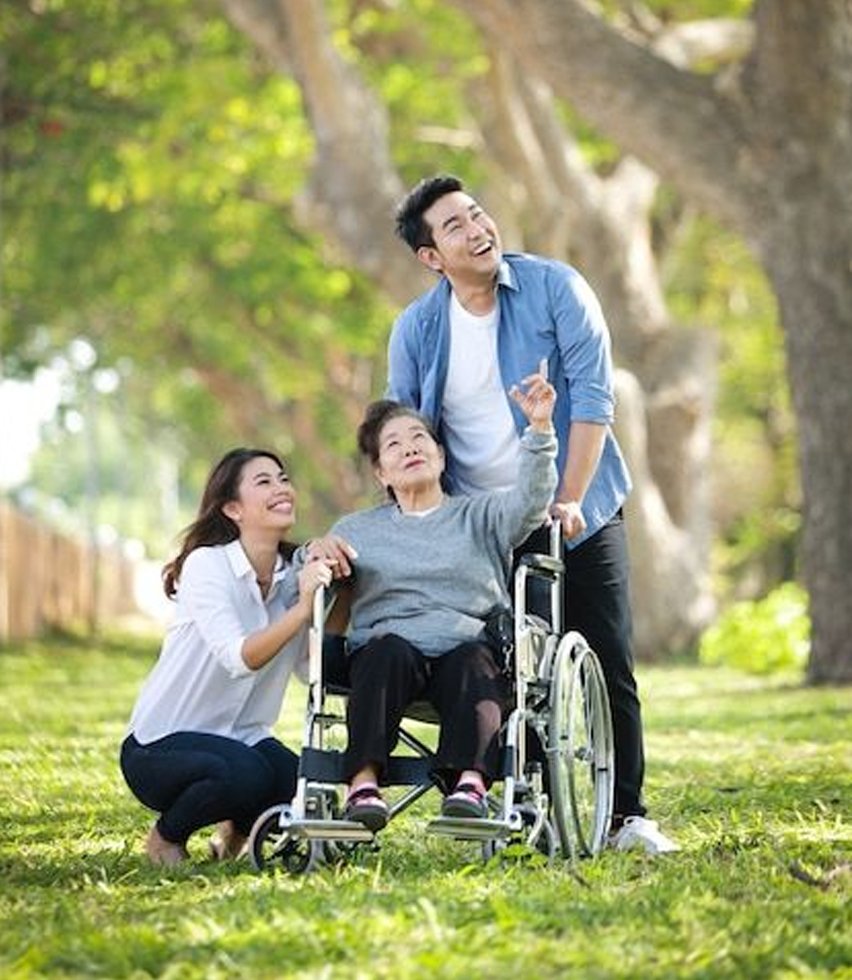
Dealing with disability is hard.
Applying for benefits shouldn't be.
When you are no longer able to work, our partner Client Advocates help you get the benefits you deserve.

When you are no longer able to work, our partner Client Advocates help you get the benefits you deserve.



Faq’s
Social Security Disability Insurance (SSDI) is a federal program in the United States that provides monthly benefits to people who have a disability that prevents them from working. It's funded by payroll taxes. Social Security pays benefits to people who can’t work because they have a medical condition that’s expected to last at least one year or result in death.
Certain members of your family may be eligible for benefits based on your work history.
They include:
-Your spouse, if he or she is age 62 or older.
- Your spouse at any age, if he or she is caring for a child of yours who is younger than age 16 or who is disabled.
- Your unmarried child, including an adopted child, or, in some cases, a stepchild or grandchild. The child must be younger than age 18 (or younger than 19 if still in high school).
- Your unmarried child, age 18 or older, if he or she has a disability that started before age 22. The child’s disability must also meet the definition of disability for adults.